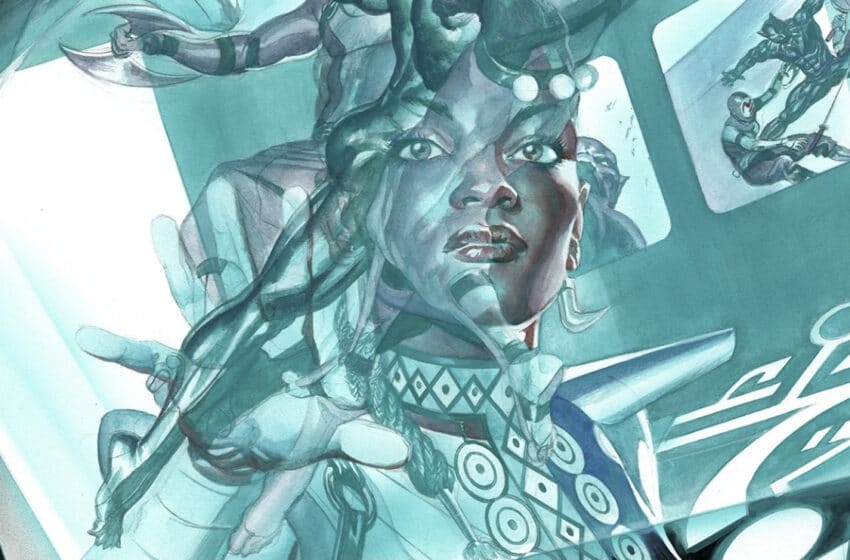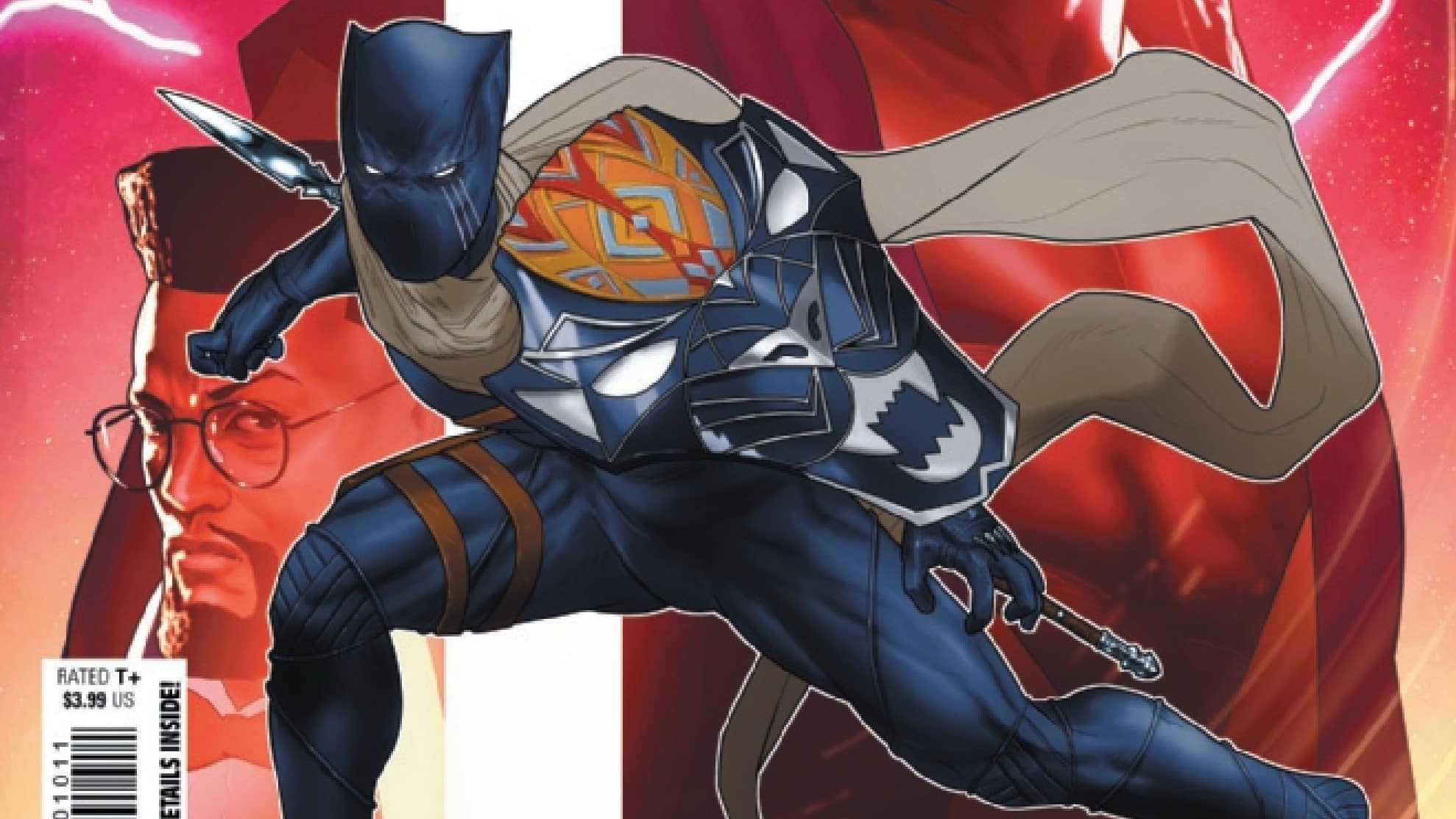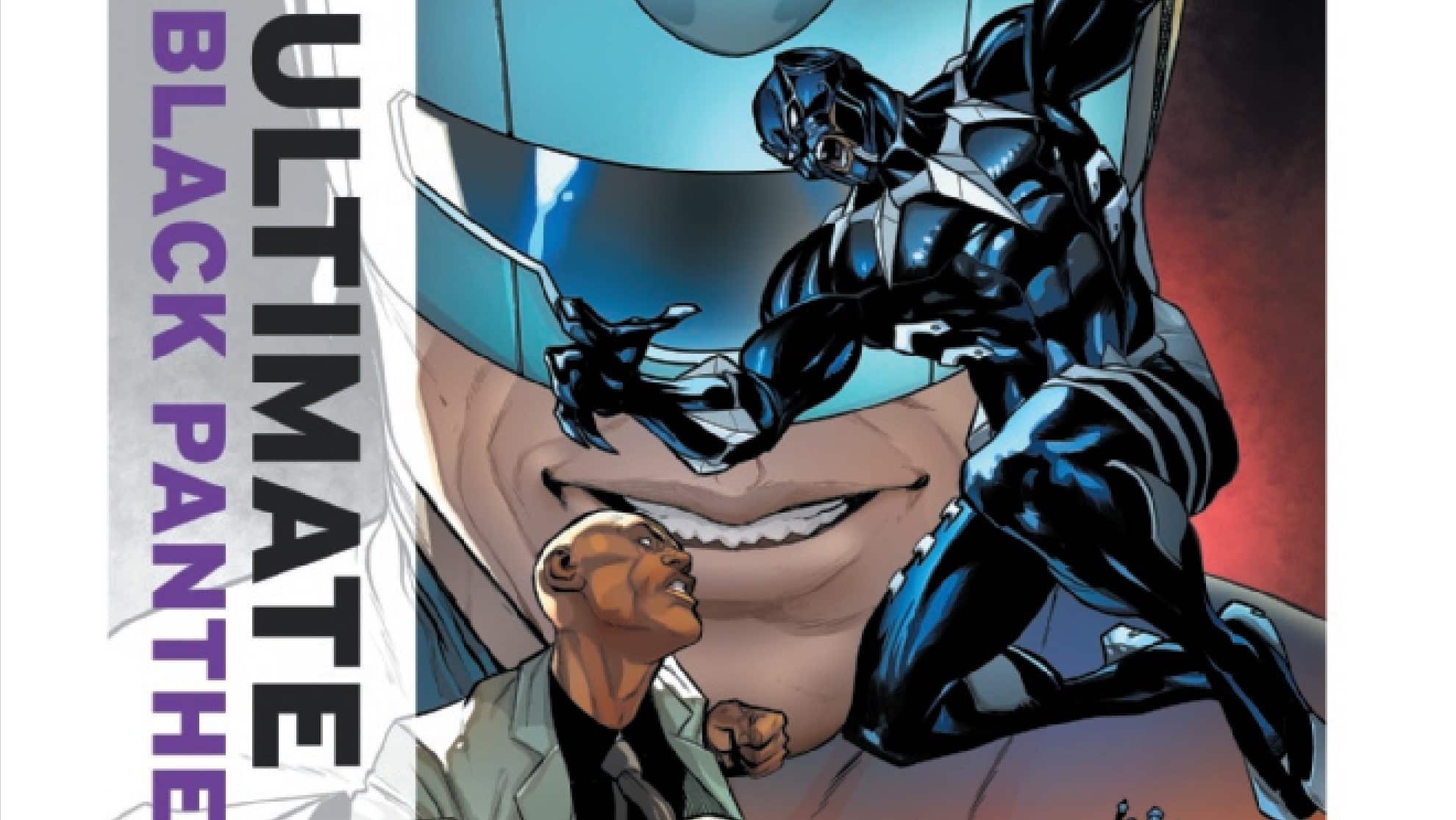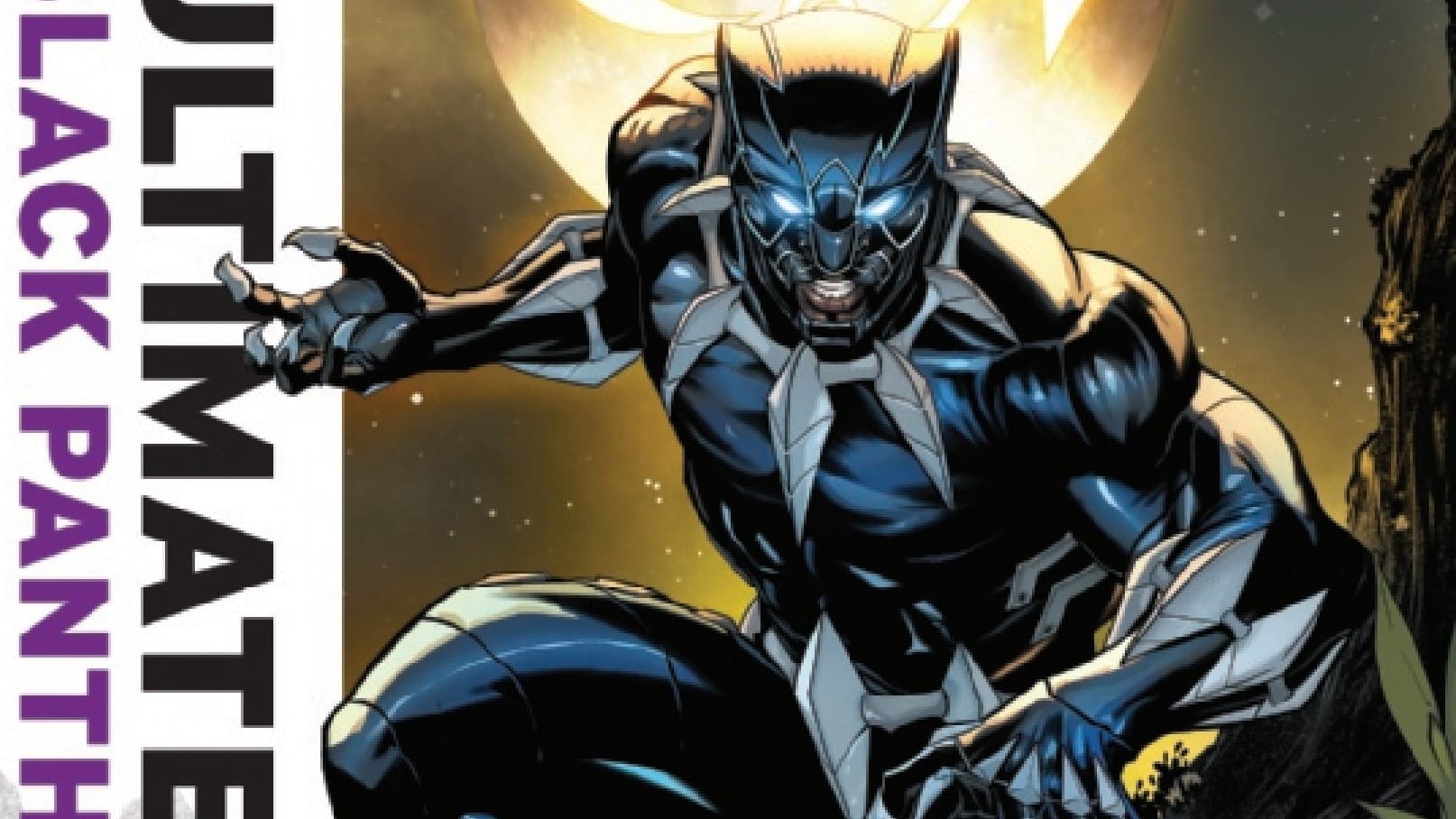As Shuri’s investigation into an assassination ring continues, Omalola comes truly into her own. Black Panther #4 is written by John Ridley with art by Juann Cabal and Ibrahim Moustafa, colors by Matt Milla, and letters by Joe Sabino.
Black women take center stage in Black Panther #4. Do these characters own the moment as independent thinkers and actors, or are they, as so often is the case with women in comics written by men, used simply as props for the male protagonist’s development?
The answer is a bit complicated, even as the work, this issue, is exceptional.
For the master’s tools will never dismantle the master’s house.“
Audre Lorde
Claire Huxtable on The Cosby Show was probably the most admired woman character among the folk I grew up with. She was on par with her (fictional, dear God fictional) husband: partners – equal among equals. Though their pairing was heteronormative, the cultural and racial connotations were radical. A Black woman not being subservient to a “powerful” man; Claire was the prototype.
Claire is Ororo Munroe.
She reads her partner like an open book, quickly deducing that he’s sad because of a problem he’s caused, and that he will be loath to ask for – and receive – any help for it. (Also, her take down of the semi-spy Gentile! Fantastic.) While this is not her book, nor her story, her inclusion here is welcome. The relationship, fully rekindled during Ta-Nehisi Coates’ run on the title, is still viable; both parties are fully aware of whom they are dating. Love is there, trust may never be. It works for them; I wouldn’t suggest it outside of comics.
Ask me how I know.
Shuri is here, doing the detective work that makes her such a valuable ally. Though she stars on the cover, her appearance here serves as little more than a plot driver – she figures out the assassins are Wakandan with traces of synthetic vibranium. She’s assaulted and would be dead if not for a timely call from Akili, head of the Hatut Zeraze, the Wakandan security enforcers (more on him later). While I love that she’s on page (and I love the way she’s drawn – Cabal is doing really good work here), her lack of personality detracts from her appearance. No one-liners, no hopes and fears – only words and actions in service of her brother. This, of course makes sense narratively – that’s literally her job – but emotionally, and as a means of building a character, her placement here feels, well, empty.
And I can say this full throatedly because Omolola, is written so fully.

She is completely her own woman, acting out of service to her own desires, (sadness, guilt, vengeance). Her double infidelity – by carrying on a relationship with the departed Jhai and by going behind Jhai’s back to forge other romantic relationships, is a bold, necessary narrative choice. She was not simply the accessory to another man; she makes all her choices in service of her own desires, a writing choice that’s all too rare and all too necessary. Her fight with T’challa (the beginnings of which reminded me of Ninja Gaiden – yes, I’m old GET OFF MY LAWN), were absolutely my favorite of the work, showcasing action and scale impressively. Again, in a world where Jamal Cambpell and Pepe Laraz exist, the bar is high; but I found myself constantly engaged with not only what was being done, but how it looked.
We never shape the world… the world shapes us.”
Toni Morrison
The final woman written here, the politician Folasade, in asking for a “strong hand” to guide the people in T’Challa’s absence, of course raises eyebrows; Akili’s enthusiastic presence and position raise more. That one (or both!) of these folk is being telegraphed as the traitor feels a little too obvious. But I’m more confident that whereever the story leads, I’ll be satisfied – even if I did see it coming from the jump.
_______
There’s the brooding leader, orphaned, an embarrassment of resources at his hands and yet he finds…purpose, joy, relief – by tackling issues hands on.
There’s his partner – an equal, a balance, a sometimes antagonist, with an all the time passion.
There’s the land he protects – unique yet familiar, expansive yet intimate, connected yet disparate.
There are the friends he does not trust; the foes who are simply fun-house mirror reflections of his desires (“We live to die” juxtaposed with the eternal idea of Wakanda).
And there is the mission – simple yes (protect the people), but executed in ways that can be as harmful and arrogant as they are helpful.
This isn’t Ridley’s Batman, who is off being deputized by the NYPD; no, this is his T’Challa. Ridley’s Black Panther isn’t just a far superior comic to his Next Batman series; his Panther is a better Batman than his actual Batman.
Funny how life works, no?
ou can’t not be who you are. Be it and love it.”
Joycelyn Ann Jones, aka Mom (3/2/47 – 12/21/10)
A proud New Orleanian living in the District of Columbia, Jude Jones is a professional thinker, amateur photographer, burgeoning runner and lover of Black culture, love and life. Magneto and Cyclops (and Killmonger) were right.
Find more of Jude’s writing here.






